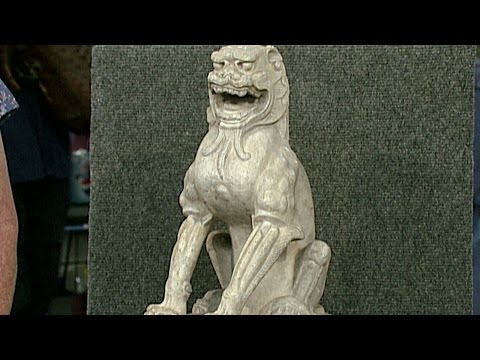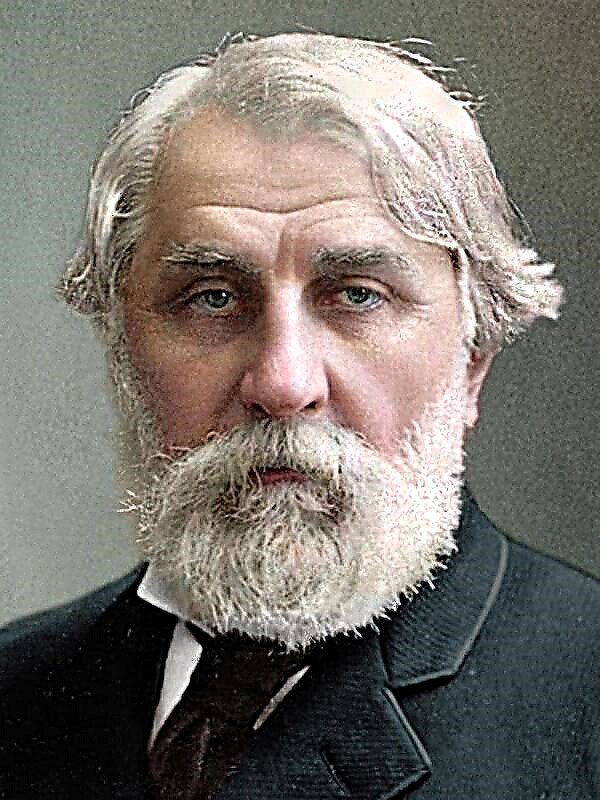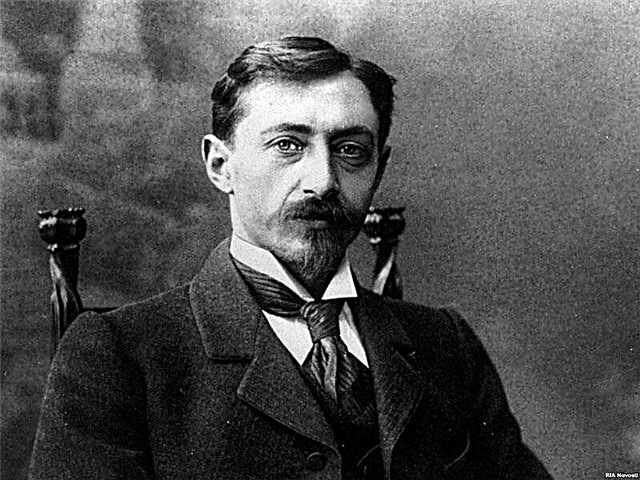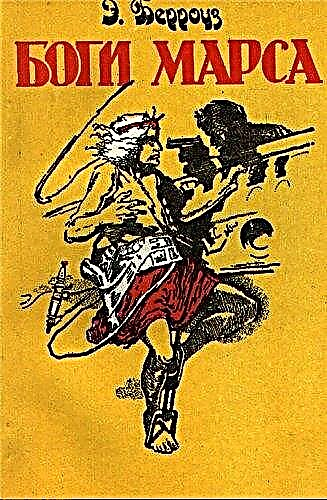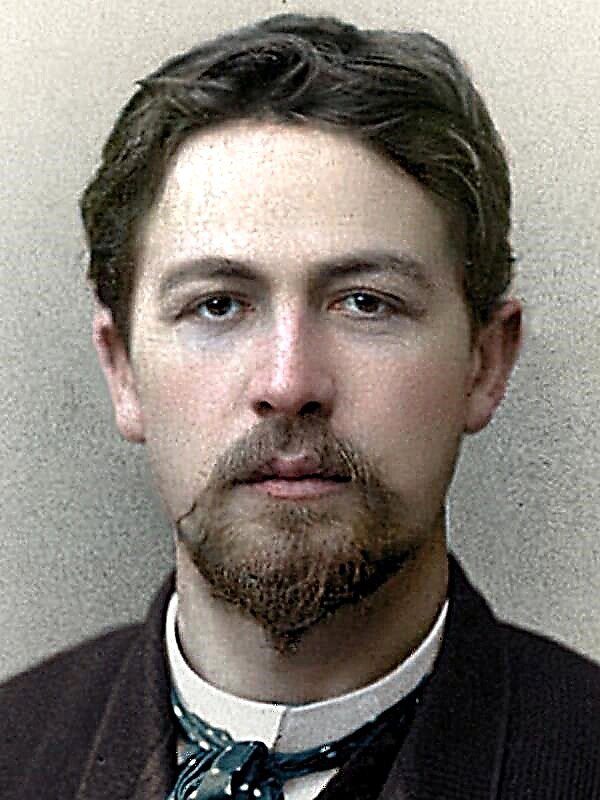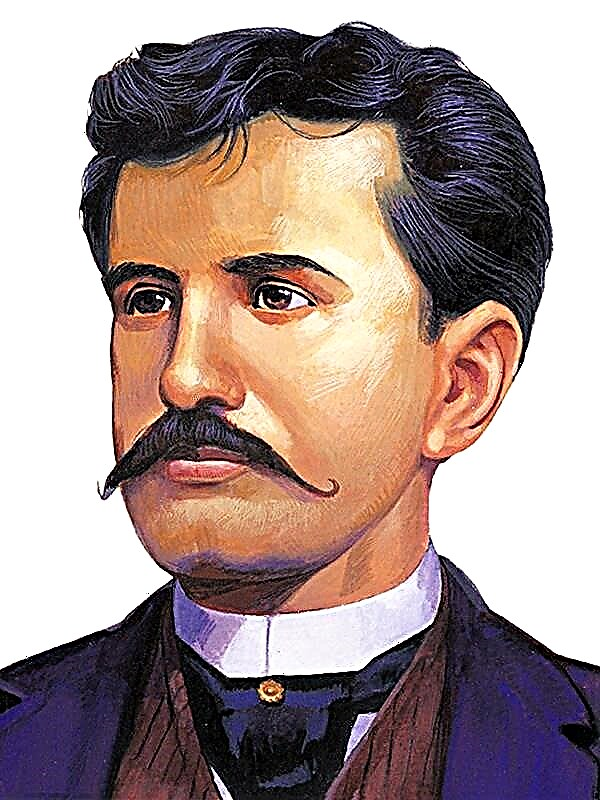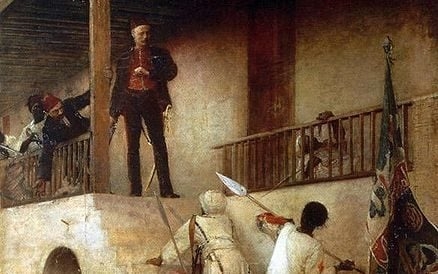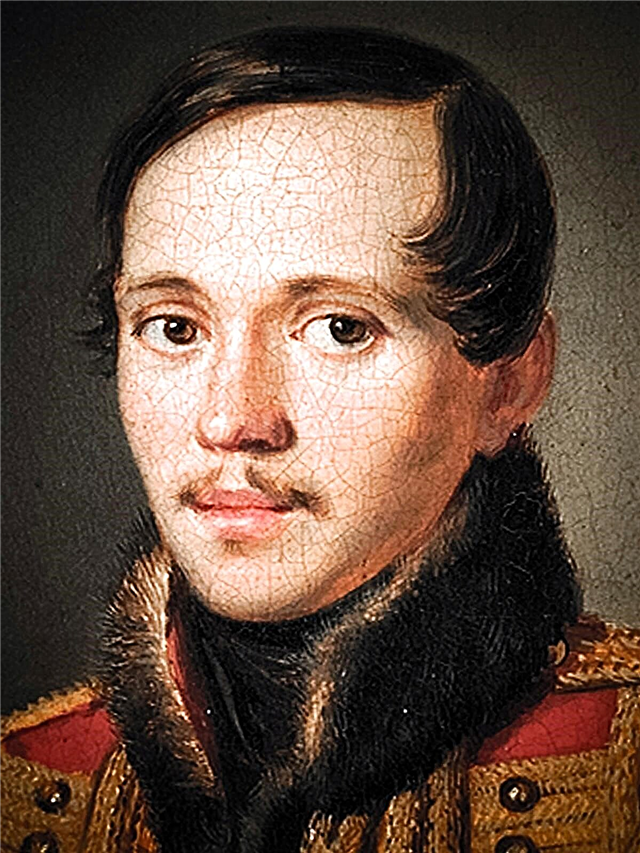(461 words) The second half of the 19th century for Russian literature was the era of the birth of the greatest writers. Among them, N.S. Leskov, who reflected in his prose the inimitable national flavor of Russia.
Childhood and youth
Nikolai Semenovich Leskov (1831-1895) hails from the province (Oryol province), from the family of a raznochintsy. In childhood, the future writer did not differ in diligence: he spent 5 years in the gymnasium, but during this time he graduated from only two classes. When Leskov was sixteen, his father died of cholera, and the young man had to leave school and begin to feed his family.
Two years later, the young man moved to Kiev, where he studied languages and icon painting. Later, M. Gorky will compare Leskov’s authorial style with this ancient art. As a priest’s grandson, Nikolai was keenly interested in religion, turning in a religious and philosophical circle, where he was familiar with sectarians and Old Believers.
Career and Service
Continuing to advance through the ranks, Leskov married Olga Smirnova, daughter of a businessman, in 1853. The future writer was not liked by the future writer, and he left it in 1957 for the sake of working in Uncle Shkott & Wilkins' private firm. At the same time, family problems make spouses split up.
As an agent, he traveled a lot, got acquainted with the everyday and linguistic diversity of the country, which will play an important role in his work.
Literary activity
After the collapse of the company in 1860, the author moved back to Kiev, where he actively works as a journalist and writer in the media. The province did not satisfy his ambitions, and he was going to conquer the capital. He manifests himself as a literary critic in the famous journal Northern Bee. The author begins the first steps in the literary field under the pseudonym M. Stebnitsky, sometimes Leskov-Stebnitsky was signed.
The year 1863 became one of the most fruitful in the life of a writer. He publishes the novel “The Life of a Woman” and “The Musk Ox”, and the novel “Nowhere” is published in the journal “Library for Reading”. These debut creations attracted the attention of critics, but there were few flattering reviews. The radicals saw in the budding author a slanderer-reactionary, for which most authoritative writers turned their backs on him. The insightful Apollo Grigoriev, who highly appreciated the work published in 1864, “Lady Macbeth of Mtsensk County,” was approving of Leskov.
Fame and success
The success of the writer brought one of his main novels - "Soboryane", where in the genre of chronicles tells about the life of the clergy. The conservative views of Leskov were impressed by the empress, thanks to which he becomes a member of the committee at the Ministry of Education.
However, by the end of his life, the author departs from previous convictions and adheres to the radicals, for which he loses his place on the committee. His later works are full of satire and the desire to expose officials and the clergy, such as "The Beast", "Dumb Artist", "Scarecrow."
Recognition and death
Many contemporaries valued Leskov for the unique language of his works. It was important for the author that his characters speak as befits their occupation and place of residence. Not all writers managed to reconstruct the speech of a merchant or a priest so precisely.
L.N. Tolstoy called the writer a nugget, M. Gorky put him on a par with Turgenev and Gogol, and Chekhov considered Leskov his mentor.
He died of complications of serious illnesses. It is known that the author suffered from asthma for a long time.

